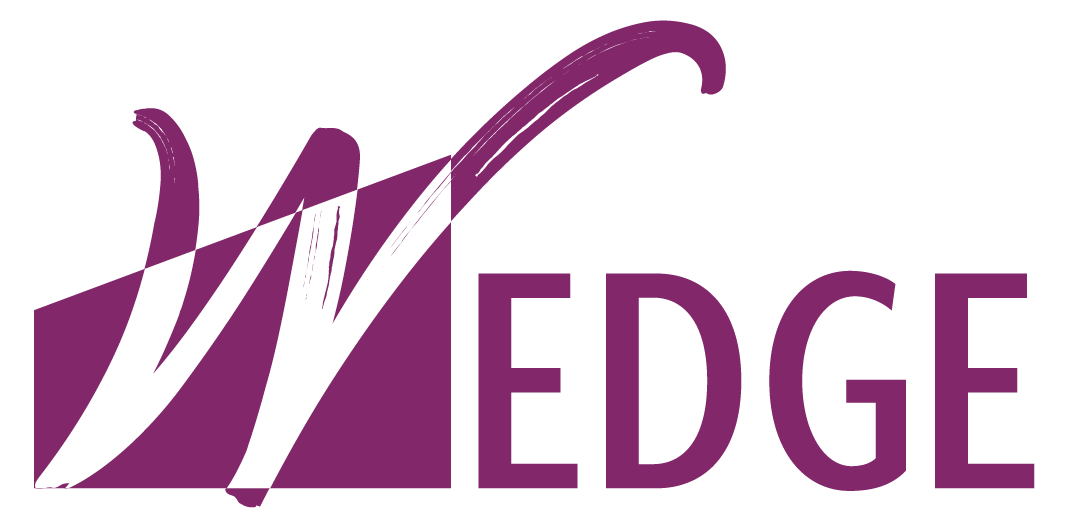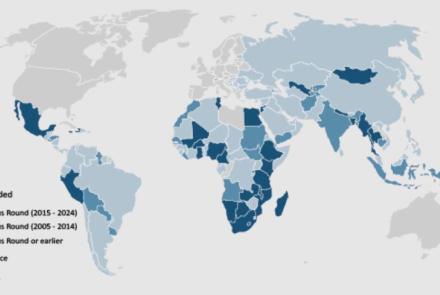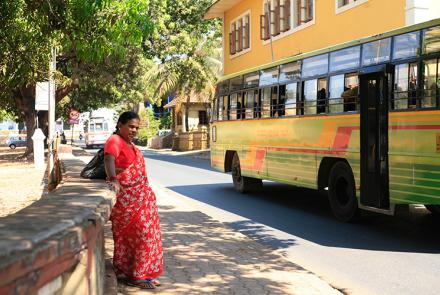Safeguarding Access to Sexual and Reproductive Health during the COVID-19 Pandemic
REGISTER FOR EVENT: HERE
FEATURING
- Salma Anas-Kolo, Director/Head, Department of Family Health, Federal Ministry of Health, Nigeria
- Mary-Ann Etiebet, Lead & Executive Director, Merck for Mothers and Board Member, Center for Global Development
- Amanda Glassman, Executive Vice President and Senior Fellow, Center for Global Development
- Monique Vledder, Practice Manager, Global Financing Facility, World Bank Group
- Prashant Yadav, Senior Fellow, Center for Global Development
MODERATOR
- Janeen Madan Keller, Assistant Director of Global Health and Senior Policy Analyst, Center for Global Development
ABOUT THE EVENT
Around the world, the COVID-19 pandemic threatens access to sexual and reproductive health, including contraceptive services, for women and girls who are disproportionately affected by the crisis in a myriad of ways. Alongside broader health needs, disruptions to sexual and reproductive health services are driven by supply-side challenges, such as supply chain interruptions, stockouts, and health worker shortages, as well as demand-side obstacles, including travel restrictions, fear of visiting health facilities, and reduced income to cover out-of-pocket costs. We know from previous crises that reduced access to sexual and reproductive health results in increased rates of unintended pregnancies, unsafe abortions, and maternal and infant mortality—alongside other long-lasting effects for women, girls, and their communities. Available projections suggest the impacts for women and girls unable to access modern contraceptives and other services could be staggering.
Join the Center for Global Development for an online discussion on the anticipated adverse impacts of COVID-19 on access to contraceptives and sexual and reproductive health more broadly—and possible mitigation strategies to protect hard-won gains for women and girls. Panelists will examine existing structural and systemic barriers to service provision and access that may be amplified by COVID-19, particularly for vulnerable and marginalized groups. The panel will also address how low- and middle-income country policymakers, with the support of donors, the private sector, and other development partners, can reinforce the centrality of sexual and reproductive health as an essential healthcare service through the pandemic and beyond.
If you have questions for our panelists, please submit them to events@cgdev.org, tweet @CGDev #CGDTalks, or submit your comments via YouTube.




